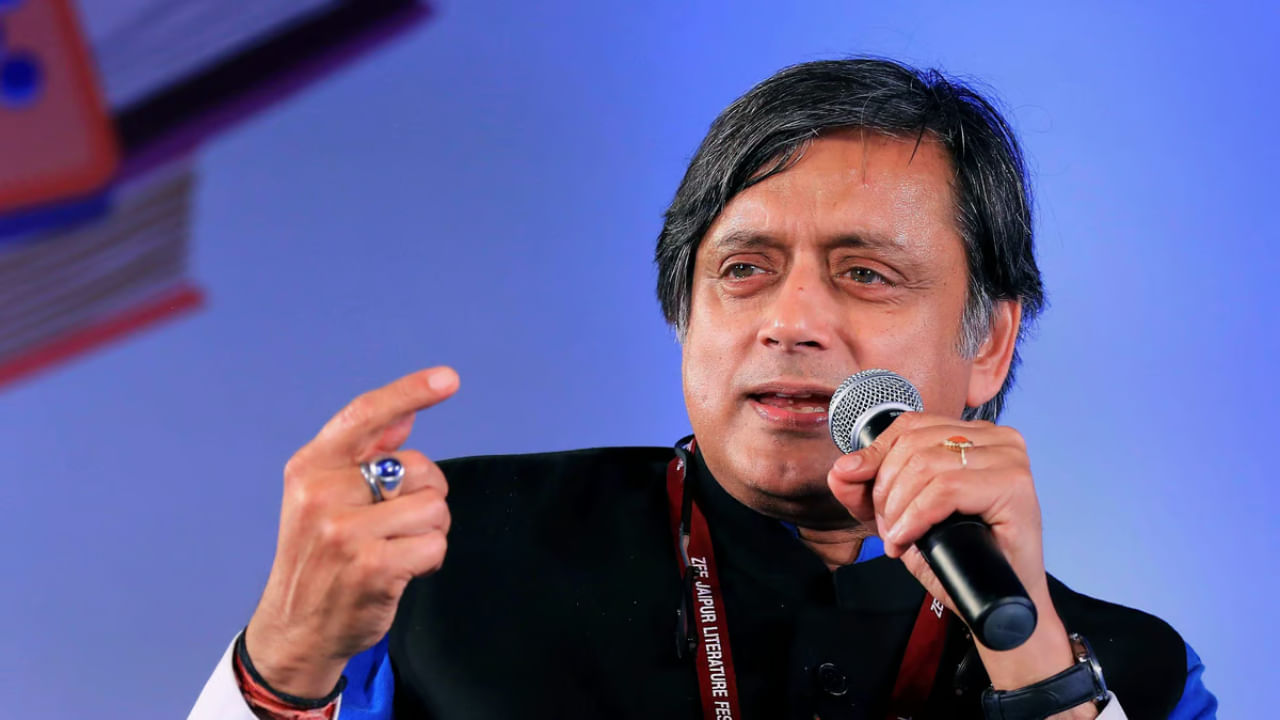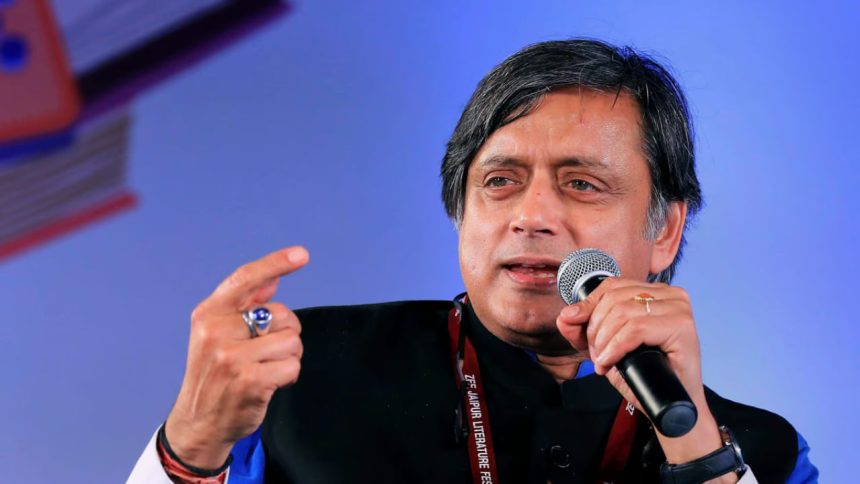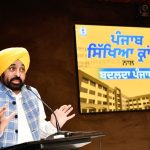
New Delhi: Congress MP Shashi Tharoor, an ex-diplomat and former United Nations official, lamented the “sad reality” of Security Council consultations after a meeting was held on Monday night to discuss the escalating tensions between India and Pakistan in the wake of the April 22 Pahalgam terror attack.
At the meeting, only member countries of UNSC were present. And therefore, the details of the discussion remain unknown. However, some reports point out that UNSC pulled up Pakistan and grilled it about Lashkar-e-Taiba’s role in the attack, as well as sought accountability.
Speaking about the meeting, Tharoor underlined that the Security Council is not going to adopt any resolution against either India or Pakistan.
Tharoor was quoted as saying by news agency ANI: “I am quite confident that the Council will not pass a resolution criticising Pakistan because China will veto it, (and) they will not pass a resolution criticising us as many countries will object to it and probably veto it. It is going to be more of a call for peace and concern about terror in a general kind of language.”
‘The sad reality of the way these things function’
The Congress MP added that he does not expect any concrete result of the Council meeting, whether through formal meetings or informal consultations, that will directly impact either India or Pakistan. He added: “That is the sad reality of the way these things function.”
Pakistan, which is one of the 10 non-permanent members of the UNSC, took part in the meeting, while India was not present. Tharoor said: “In these circumstances, Pakistan would have thought they had an advantage, but the impression we are getting is that a number of delegations asked very tough questions, and particularly about the Lashkar-e-Taiba and its initial claim of responsibility.”
The Congress MP added: “The concerns that have come out largely are that terrorism is extremely dangerous and that it can understandably provoke an Indian reaction, which in turn can lead to further escalation. So, there was a certain willingness, from what I can gather, to a very critical of what happened in Pahalgam.”
He said that at best, the Security Council may either release an informal statement after consulting with the members or hold an official meeting.










